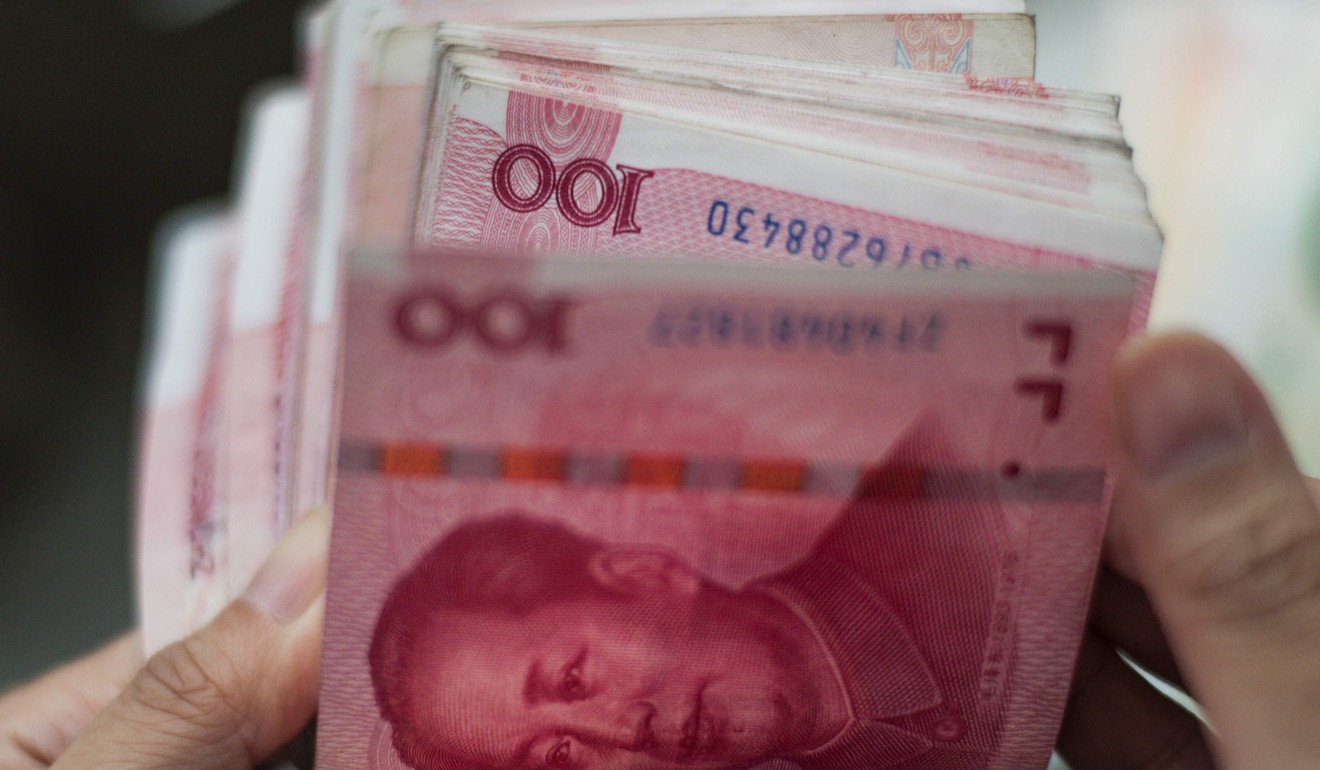
More than half of Hong Kong-listed companies do not meet corporate governance requirements
Big-cap mainland Chinese firms have become more aware of the importance of strict corporate governance and have strengthened their internal regulations, Grant Thornton says in its annual global review
A new global report on corporate governance performance has found more than half of Hong Kong’s largest listed companies failed to meet some aspects of the government’s voluntary standards, although the rate is an improvement on last year.
Forty six per cent of the Hang Seng Composite Index (HKCI) constituent companies are now in full compliance with the “Corporate Governance Code” issued by the Hong Kong Exchanges and Clearing (HKEX) in January 2005, according to Grant Thornton Hong Kong’s 2017 Corporate Governance Review, which assesses compliance with voluntary codes in the city each year.
“That [Hong Kong] ratio has improved from last year, [when 41 per cent of HSCI companies were found to have met the requirements fully] so companies have enhanced their disclosure on information about code compliance, internal controls and risk management,” said Mian Wong, director for advisory at Grant Thornton Hong Kong, after it had reviewed 472 companies on the HSCI for this year’s study.

But he also expected the market to continue to enhance transparency of its disclosures on how they manage risks “to preserve investor confidence”.
“We expect regulators to pay more attention to listed companies’ disclosures about corporate governance, and companies themselves can also enhance [their] internal regulations and see how companies prepare for leading changes in a turbulent environment and react to the disruptive changes in technology,” said Wong.
The annual study is global, and Hong Kong’s performance remains poor compared to other major financial centres such as the UK (mainland London), where the study said 66 per cent of FTSE 350 companies declared full compliance – a record and increase of 4 percentage points from last year.
Interestingly the findings revealed mainland Chinese companies listed in Hong Kong said they were becoming increasingly aware of the importance of regulation.
The HKSI covers 95 per cent of the total market capitalisation of companies listed on Hong Kong’s main board.
We expect regulators to pay more attention to listed companies’ disclosures about corporate governance, and companies themselves can also enhance [their] internal regulations and see how companies prepare for leading changes in a turbulent environment and react to the disruptive changes in technology
“Big-cap Chinese companies, such as some insurers, have become more cautious [about the issue] and have strengthened internal controls to strengthen their brands,” added Eugene Ha, deputy managing partner for Grant Thornton Hong Kong.
He urged more of Hong Kong’s smaller companies, however, to follow suit and improve their internal regulation, with particular attention paid to risk management.
Ha also touched on the highly-anticipated introduction soon of dual-class shares, calling it “an inevitable trend”, adding the most-important aspect to get right will be ensuring the quality of listed companies, when the detailed rules are unveiled, expected by the market within the next few months.
The review also noted the increasing significance of cybersecurity to Hong Kong companies, with 18 per cent of those firms polled mentioning IT security is now higher up their business agendas than in the past, with related roles considered integral to management teams
That figures was eight per cent in past year’s study.
The report added too that 30 per cent of the 50 components of the benchmark Hang Seng Index (Hong Kong’s ‘bluechips’) now employed a chief technology offices, chief information officer, or chief security officer.
Last month, one of Hong Kong’s largest travel agencies, WWPKG Holdings, revealed its customer database had been hacked leaving customer’s personal information at risk, raising concerns about overall levels of cybersecurity in Hong Kong, one of the world’s biggest global financial centre.

